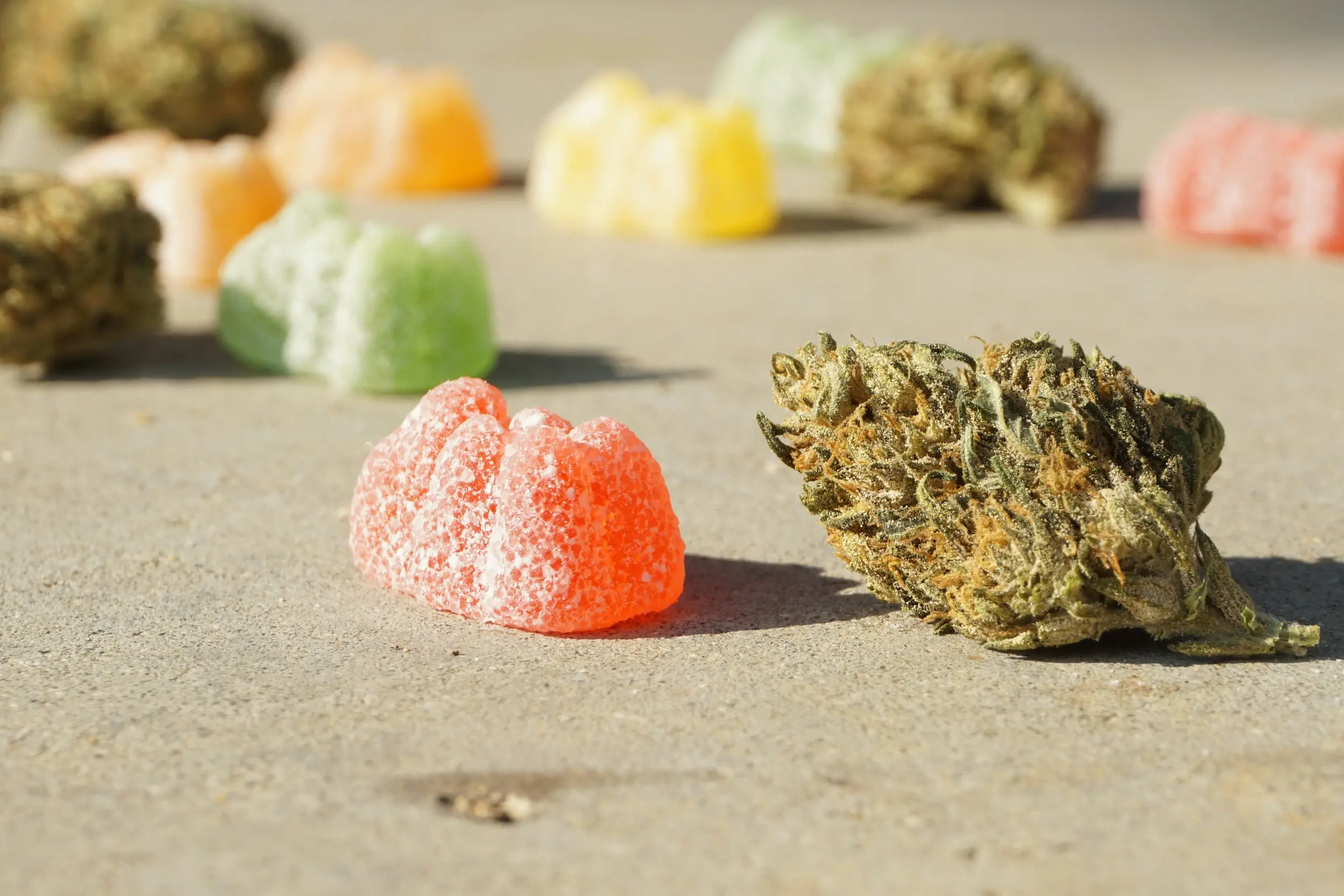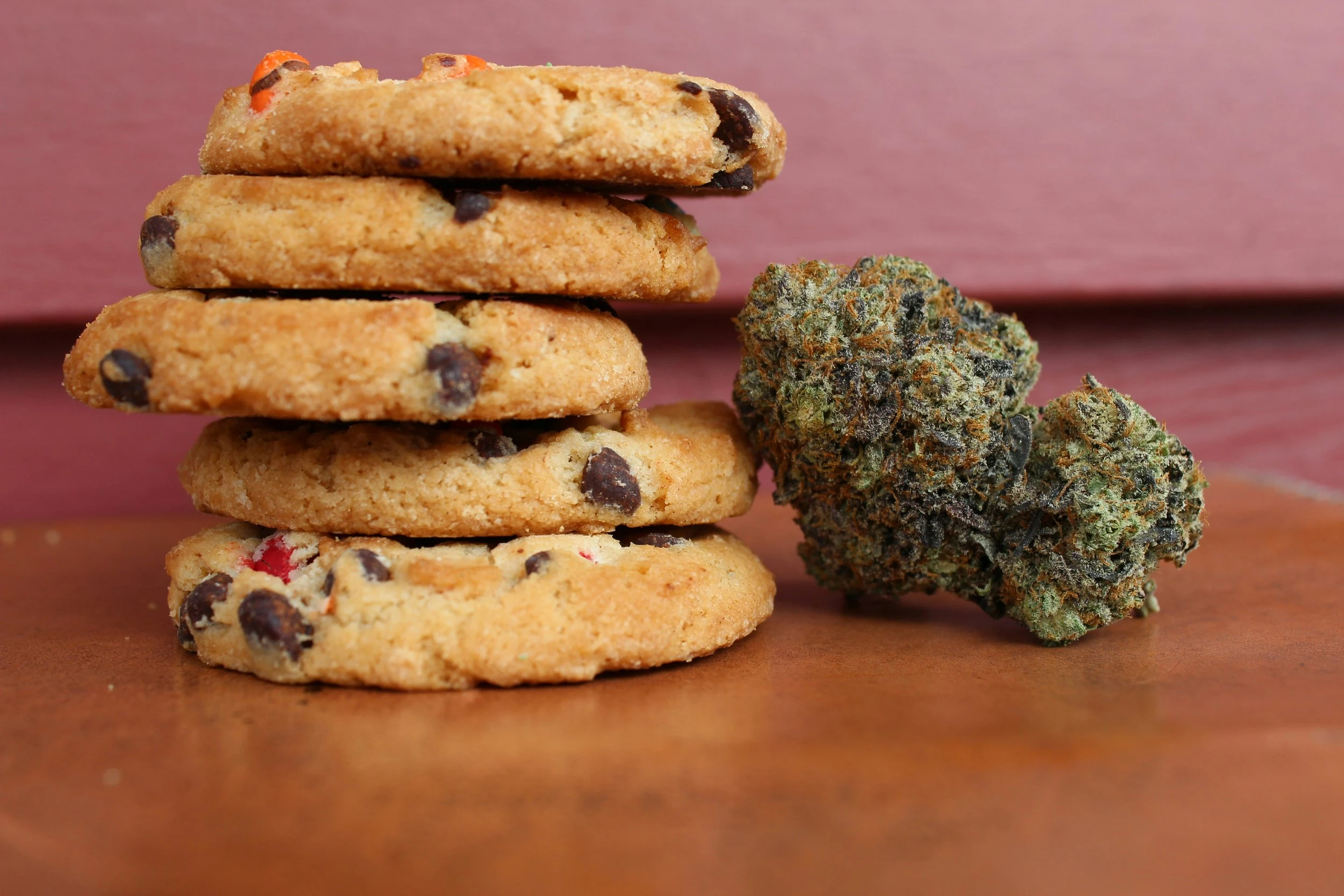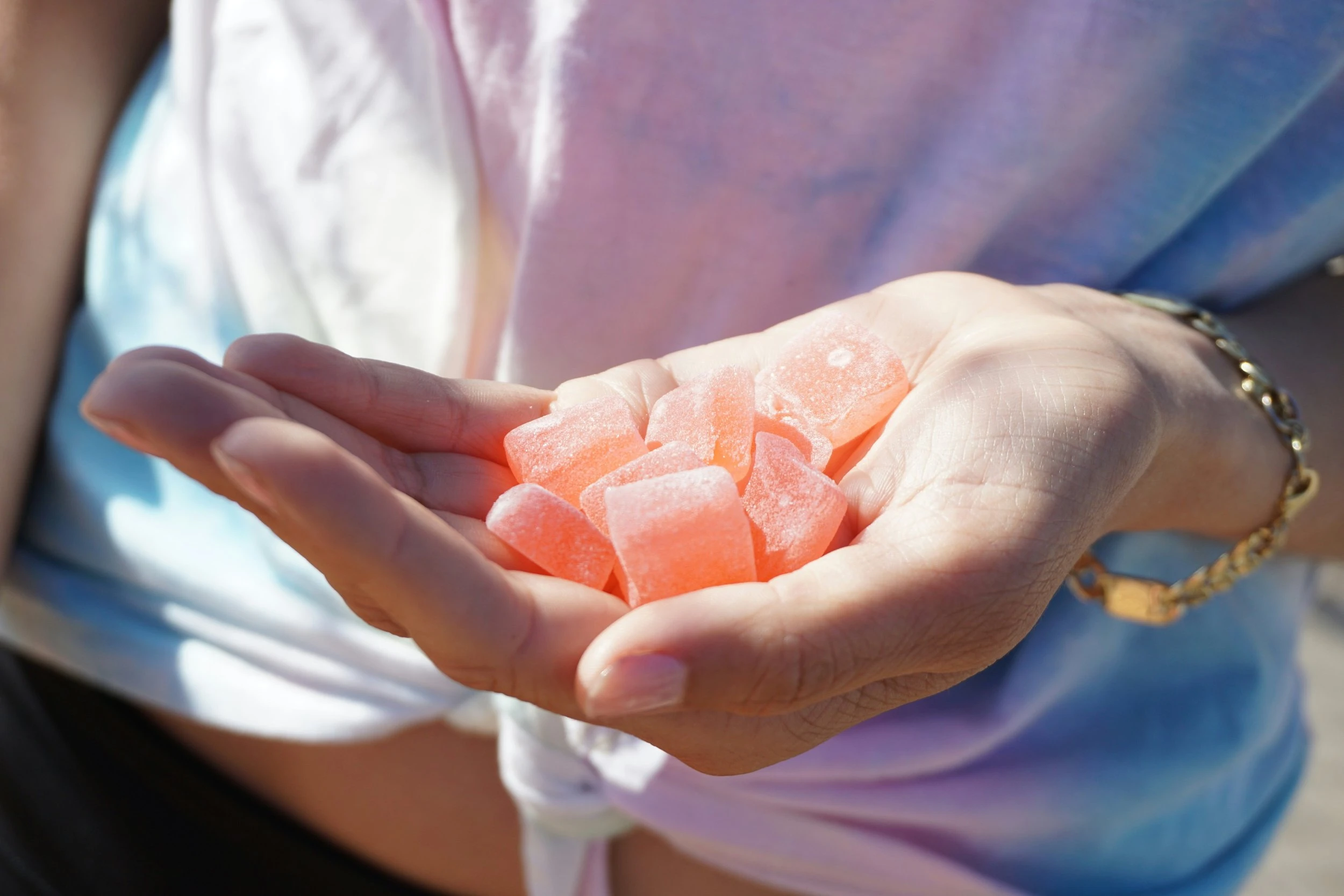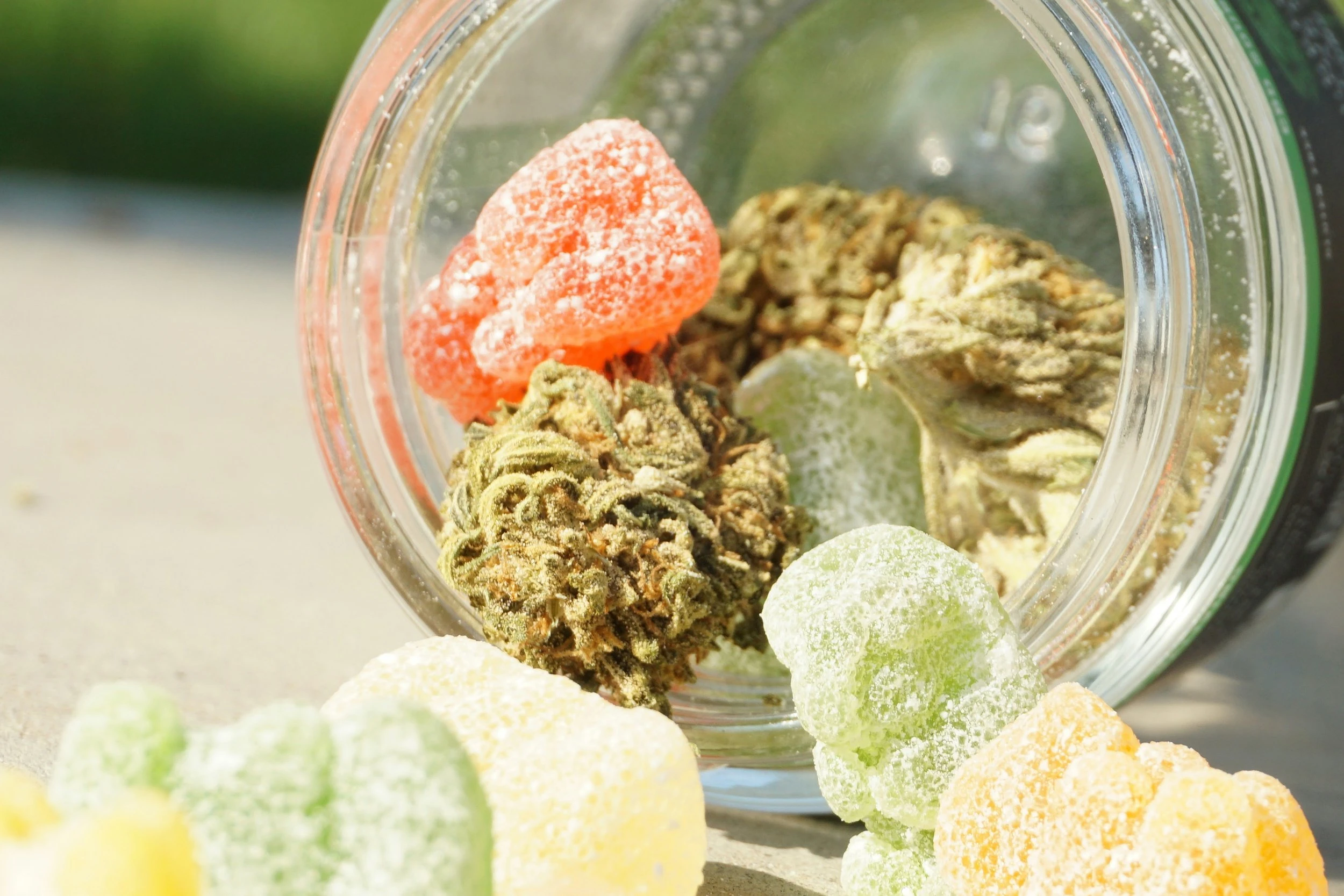
This blog post may contain affiliate links where I may earn commission from qualifying purchases. This blog post is not intended to promote cannabis use and is not medical, health or professional advice. All opinions expressed in this blog post are my personal views and are intended for educational and entertainment purposes only. Information provided in this blog posts including without limitation information regarding product attributes is provided as general information.
Ever found yourself in the perplexing situation of consuming a cannabis edible only to feel its effects fall short? You're not alone. This article aims to unravel the mysteries behind why some individuals may not experience the anticipated effects of cannabis-infused edibles. This topic frequently surfaces in discussions on my social platforms, prompting a deeper exploration here.
Understanding these nuances is vital, not just for refining personal consumption habits, but also for making informed decisions about cannabis products. By uncovering the reasons why edibles may not deliver the expected results for certain individuals, readers can navigate their cannabis consumption experiences more effectively. Join me as we dive into this intriguing aspect of cannabis consumption, aiming for clarity and insight.
Key Takeaways
- Understanding individual factors such as metabolism and tolerance is crucial for optimizing the effects of cannabis edibles.
- Experimentation, starting with low doses, and gradually titrating up can help individuals find their optimal dosage.
- Seeking professional advice, especially for beginners or those with specific health considerations, is recommended to ensure a safe and enjoyable edibles experience.

Photo by Margo Amala on Unsplash
1. Lack of CYPC29 Enzyme
The CYPC29 enzyme, also known as cytochrome P450 2C9, is a crucial component of liver metabolism responsible for processing various compounds, including cannabinoids found in cannabis. CYPC29 plays a significant role in metabolizing tetrahydrocannabinol (THC), the primary psychoactive compound in cannabis, as well as other cannabinoids like cannabidiol (CBD).
When cannabis is ingested, whether through smoking, vaping, or consuming edibles, the cannabinoids enter the bloodstream and are eventually transported to the liver. Here, CYPC29 breaks down these cannabinoids into metabolites that can be eliminated from the body through urine or feces.
Impact on Response to Edibles
Individuals with insufficient levels of CYPC29 may face challenges in efficiently metabolizing cannabinoids. Consequently, they may experience prolonged or altered responses to cannabis consumption, including edibles. This variation can lead to differences in the onset, duration, and intensity of the effects experienced, potentially contributing to the perception that cannabis edibles are ineffective.
2. Timing of Consumption
The timing of consumption plays a crucial role in determining the effectiveness of cannabis edibles. Consuming edibles late at night can often result in diminished effects due to various factors such as slower metabolism and increased fatigue.
Typically, it takes around 30 minutes to 2 hours for edibles to take effect, but this can vary depending on factors like metabolism, body composition, and the individual's tolerance level. Optimal times for consuming cannabis edibles are typically during the daytime or early evening when individuals are more likely to be awake, active, and able to enjoy the effects without being hindered by fatigue or sleepiness.
Planning consumption during times of higher metabolic activity can also enhance the absorption and onset of effects, leading to a more predictable and enjoyable experience.

Photo by Elsa Olofsson on Unsplash
3. Consumption on an empty stomach
Consuming cannabis edibles on an empty stomach can sometimes result in a lack of THC experience for individuals who find themselves not feeling the effects of the edible. Having food or fat in the stomach helps metabolize edibles more efficiently, as the cannabinoids in cannabis are fat-soluble compounds.
Consuming foods rich in fat before taking edibles can aid in the absorption of cannabinoids, potentially leading to a more controlled and gradual onset of effects. Some recommended types of food to consume before taking edibles include those high in healthy fats, such as:
- Avocados Nuts
- Seeds
- Fatty fish
These foods can provide the necessary fat content to facilitate the absorption of cannabinoids and promote a more balanced experience.

Photo by Elsa Olofsson on Unsplash
4. Dosage Considerations
Some individuals may not feel the effects of cannabis edibles due to various factors that can affect the absorption and metabolism of cannabinoids in the body. Factors such as individual metabolism, tolerance levels, body composition, and previous cannabis experience can all play a role in how an individual responds to edibles.
Additionally, inconsistencies in the dosage or potency of the edibles can contribute to a lack of effects. In some cases, consuming edibles on an empty stomach or at times when metabolic activity is low, such as late at night, can also result in diminished effects. Individuals need to be mindful of these factors and consider them when consuming edibles to ensure a more predictable and enjoyable experience.
Making your own edibles? Calculate your dosage with my dosage calculator.
Conclusion
In conclusion, several factors can contribute to why cannabis edibles might not work for some individuals. These include variations in metabolism, tolerance levels, inconsistent dosages or potency, and timing of consumption. Understanding one's own body and needs is paramount when consuming edibles, as it allows individuals to make informed decisions about dosage, timing, and consumption habits.
It's essential to approach edibles with caution, start with low doses, and gradually titrate to find the optimal balance for one's desired effects. Experimentation can help individuals discover what works best for them, but seeking professional advice, especially for those new to cannabis or with specific health considerations, is always advisable. By taking a proactive and informed approach, individuals can maximize the benefits of cannabis edibles while minimizing the risks.

Hey I’m Anna, also known as Cannabinista™
I’m a cannabis content creator, recipe developer, and enthusiast for the ancient plant. I’ve dedicated my platforms to helping you create a healthy relationship with cannabis through mindful consumption and providing education that resonates with the modern consumer.
My ultimate goal is to debunk traditional stoner stereotypes and myths, by showcasing the world of cannabis through my POV.

